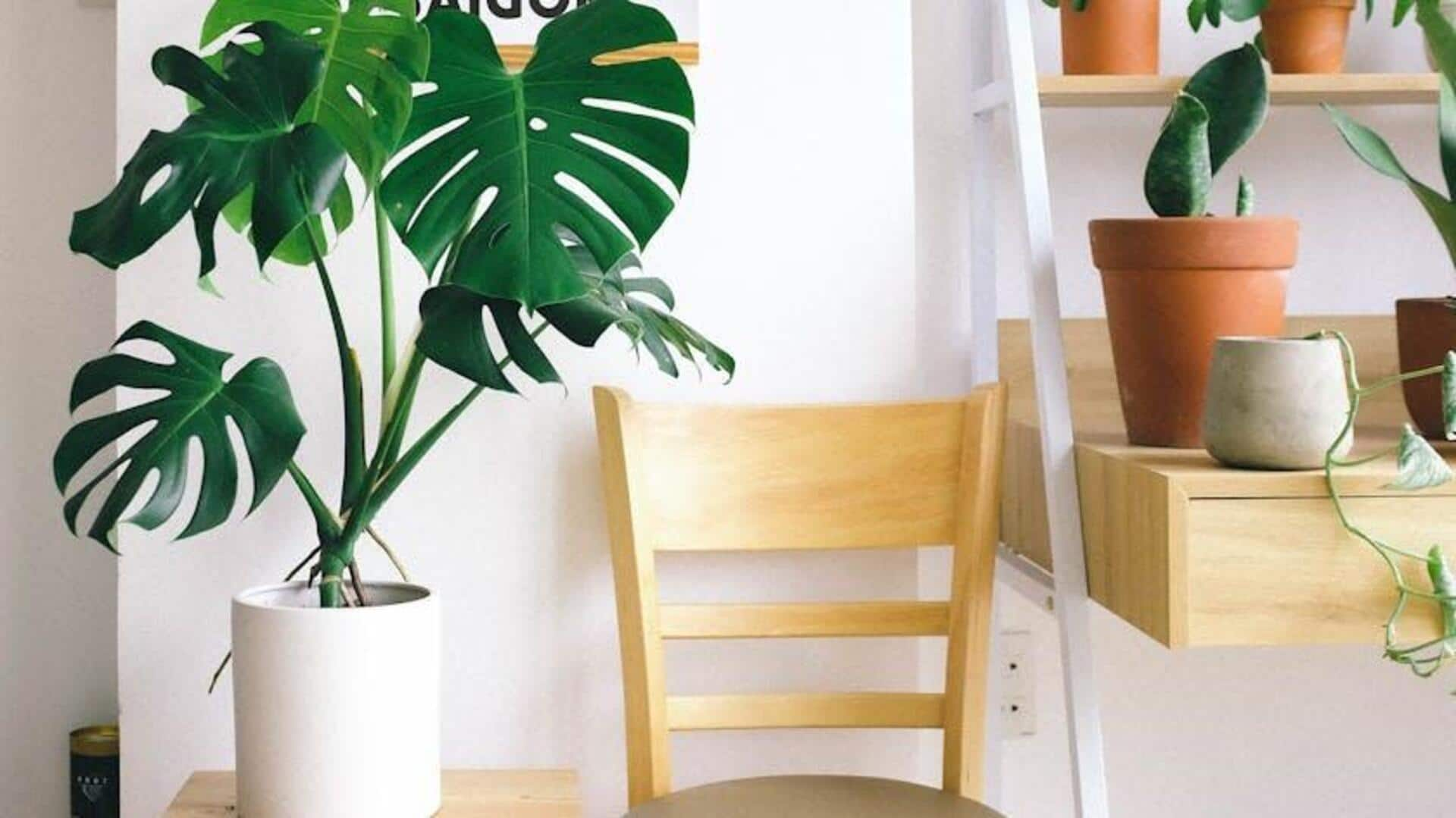
Budget-friendly indoor plant care in Africa
What's the story
Indoor plants are all the rage, and for good reasons! They make our African homes beautiful and keep us healthy. But let's be real, keeping our green buddies happy can get expensive. This article is all about cheap and easy ways to take care of your indoor plants like a pro, without spending all your cash. Keep those leaves green, not your wallet!
Local mix
Utilize local resources for potting mix
Instead of purchasing expensive commercial potting mixes, create your own using locally available resources. A blend of garden soil, compost, and sand can provide a nutrient-rich environment for plants at a fraction of the cost. In many parts of Africa, these materials are readily available. For instance, a bag of compost may cost only $2, significantly less than specialized mixes.
Creative containers
Repurpose household items as planters
Don't rush to buy new pots, get creative with items you already have at home! Old buckets, plastic containers, and even those pair of old boots you can't part with can be transformed into unique planters. This is a cost-effective way to add personality to your indoor garden. Just remember to drill drainage holes at the bottom to make them plant-friendly.
Light management
Harness natural light wisely
Adequate light is essential for indoor plants, but it doesn't have to come at a cost. Positioning plants near windows where they can receive plenty of sunlight throughout the day is key. For darker rooms or corners away from windows, rotate plants regularly so that all plants get enough light over time. This simple practice makes the most of natural resources without resorting to artificial grow lights.
DIY nutrition
Make your own organic fertilizers
Commercial fertilizers are expensive and damaging. Utilize kitchen waste like banana peels and coffee grounds as organic fertilizers. These items are packed with nutrients and usually discarded. By soaking banana peels in water, you can create a nutrient solution, eliminating the need for costly store-bought fertilizers. Use it every two weeks for thriving plants without the added cost.
Water wisdom
Practice efficient watering techniques
Overwatering not only damages your plants but also wastes water, a precious resource, particularly in many parts of Africa. Learning how to water your plants efficiently, like bottom watering or using self-watering containers, reduces waste and guarantees your plants get the hydration they require. Harvesting rainwater is a cost-effective solution that reduces dependency on tap water and cuts down utility bills.